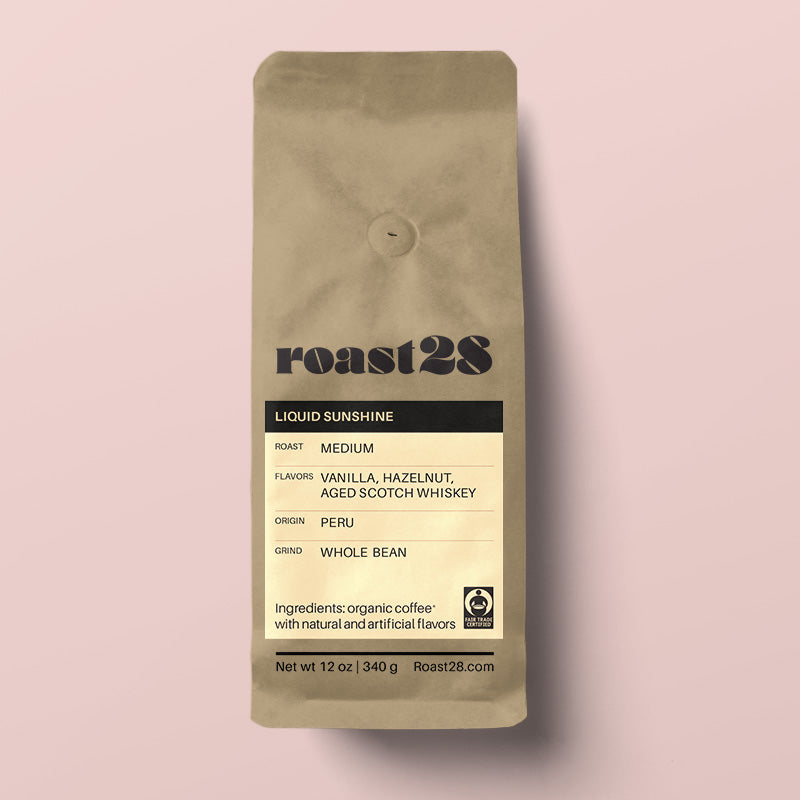Dairy farming has significant environmental impacts, including high water use and methane emissions. In contrast, plant-based milks require less land, water, and produce fewer emissions. These eco-friendly coffee options help reduce the dairy industry's environmental footprint. Choosing plant-based milks in coffee supports sustainability and decreases demand for resource-intensive dairy products. As more consumers adopt eco-friendly coffee options, the environmental benefits become more pronounced.

Plant-based milks
Plant-based milk farms generally produce fewer greenhouse gas emissions compared to dairy farms. Dairy farming releases significant methane, a potent greenhouse gas, mainly from cows. Alternatively, plant-based milks use sustainable farming practices that generate lower emissions. Crops like oats, soy, and almonds contribute far less methane than dairy cows. Sustainable farming practices for plant-based milks also require less energy-intensive feed production and livestock maintenance. This results in a smaller environmental footprint, making plant-based milks more eco-friendly than traditional dairy farming.

Water usage on farms
Plant-based milk farms generally use less water than dairy farms. Dairy farming requires vast water for cows and feed. Unlike dairy, plant-based milks like oat and soy need significantly less water to farm. Almond milk is more water-intensive but still uses less than dairy. Choosing plant-based milks in environmentally friendly coffee reduces water consumption. This makes eco-conscious coffee drinkers more likely to choose plant-based options. By supporting plant-based milks, consumers contribute to reducing the overall water footprint of the coffee industry.

Farm land use
Plant-based milk farms use far less land compared to dairy farms. Dairy farming requires large areas for cattle grazing and feed crops. In contrast, plant-based milks like oat, soy, and almond require much less space. Growing crops for direct human consumption is more land-efficient than raising livestock. By using fewer resources, plant-based milks help reduce deforestation and habitat loss. This makes plant-based milks a more sustainable option, contributing to lower environmental impacts. Choosing plant-based milks supports eco-friendly land use in agriculture.

Impact on biodiversity
Plant-based milk farms generally have a smaller impact on biodiversity compared to dairy farms. Dairy farming often leads to deforestation, overgrazing, and habitat destruction. However, plant-based milks like oat and soy require less farm land and fewer resources, preserving more natural habitats. Dairy farming's runoff from manure and fertilizers also harms ecosystems and water sources. Meanwhile, plant-based milk farms cause less pollution and ecosystem disruption. By choosing plant-based milks, consumers support farming methods that help protect biodiversity and maintain healthier ecosystems.

Creating sustainable choices
Plant-based milks in coffee drinks help reduce dairy demand by offering eco-friendly coffee options. As more people choose plant-based milks, the need for resource-intensive dairy farming decreases. This shift encourages sustainable choices and supports lower-emission farming methods. By providing plant-based alternatives, cafes promote eco-friendly coffee options, making it easier for consumers to adopt greener habits. As a result, the popularity of plant-based milks helps reduce environmental impacts and promotes sustainability in the coffee industry.

Coffee culture promotes environmental awareness
Coffee culture often promotes environmental awareness by highlighting sustainability and eco-conscious choices. Offering plant-based milks helps cafes raise awareness about sustainability. By providing plant-based milks, cafes encourage consumers to consider the environmental impacts of their food choices. This shift can make consumers more mindful of the resources needed for dairy production. As plant-based milks become more common in coffee shops, they further educate customers about eco-friendly alternatives. This awareness supports long-term sustainable habits and reduces the environmental footprint of coffee consumption.

Reducing carbon footprints
Many large coffee chains are adopting plant-based milks as part of their corporate environmental initiatives. By incorporating these options, plant farms contribute to broader efforts to reduce carbon footprints. Plant-based milks require fewer resources than dairy, helping conserve water and land. This shift aligns with sustainability goals and attracts eco-conscious consumers. Offering plant-based milks also demonstrates a commitment to environmental stewardship. As more chains embrace these alternatives, they encourage industry-wide changes that support sustainable practices and promote a greener future.

Plant-based milk recipes on the blog
Discover our delicious plant-based milk and coffee creamer recipes available on the Roast28 coffee recipes blog. These recipes are our way of promoting sustainability and encouraging eco-friendly alternatives in your daily routine. By using plant-based milks, you can enjoy a rich, creamy latte recipe without the environmental impact of traditional dairy. Our recipes are simple and flavorful, making it easy to incorporate environmentally friendly coffee options into your life. Join us in making a positive difference for the planet while enjoying your favorite coffee beverages.




